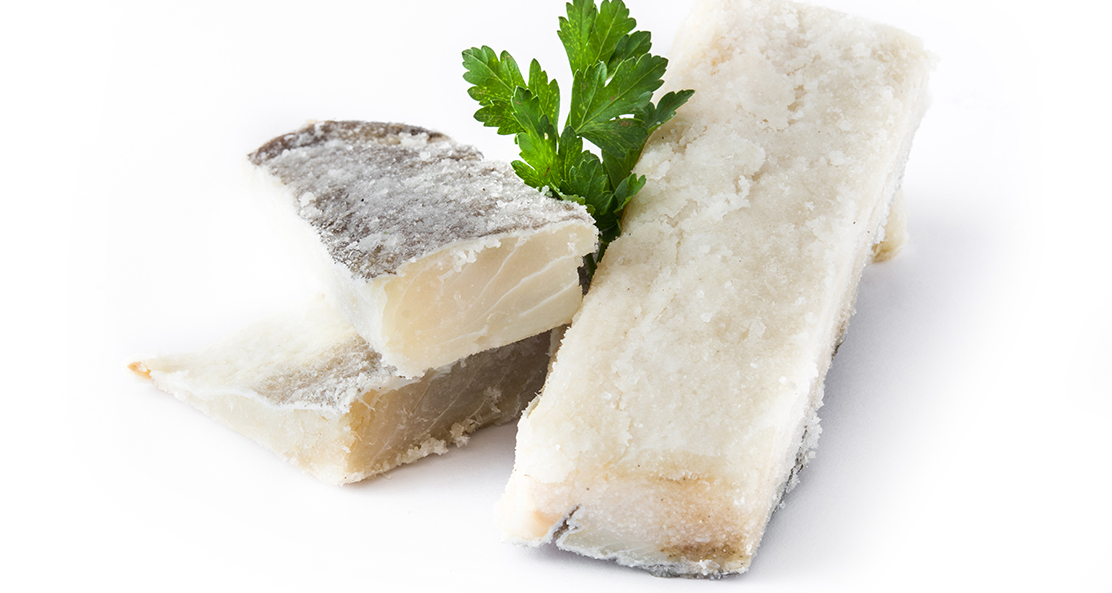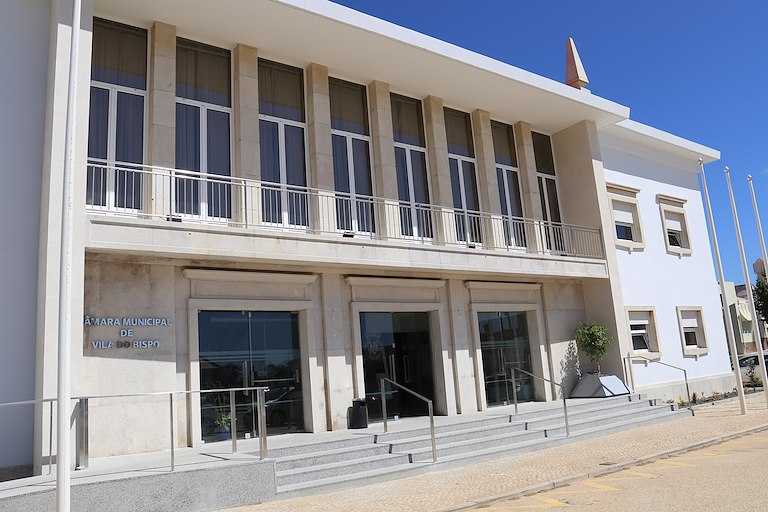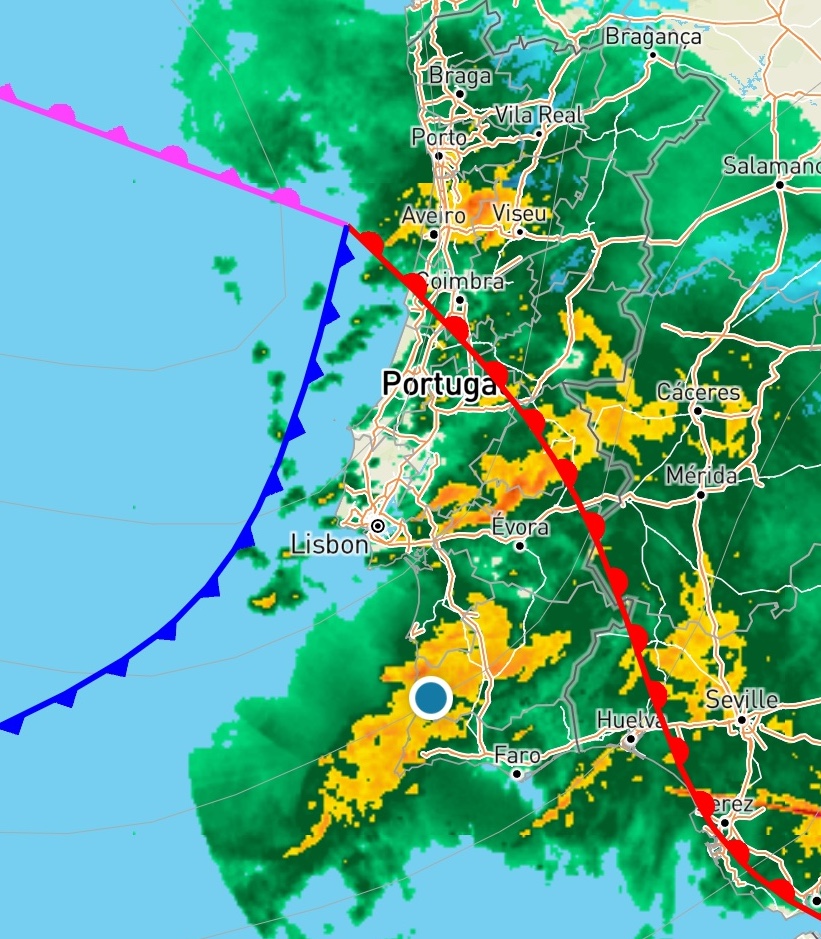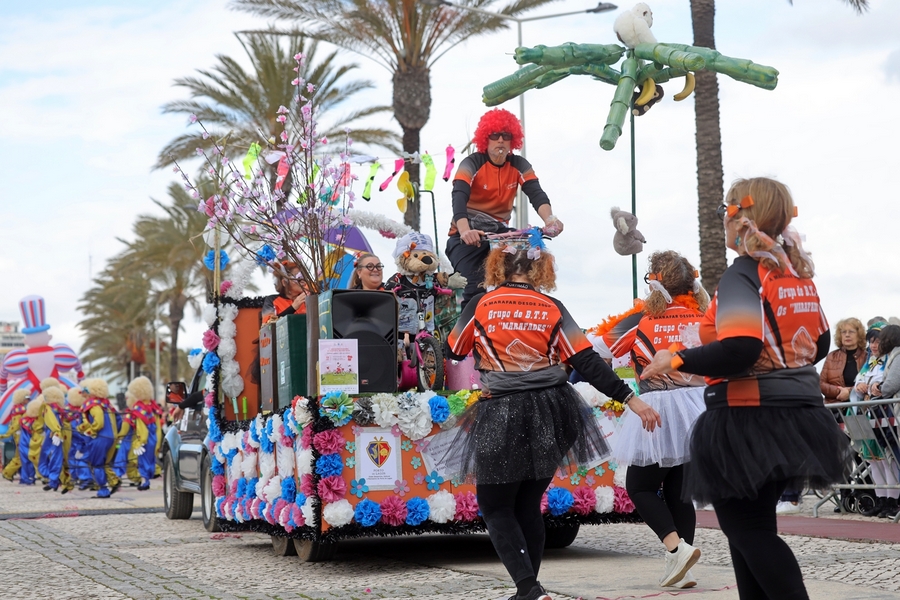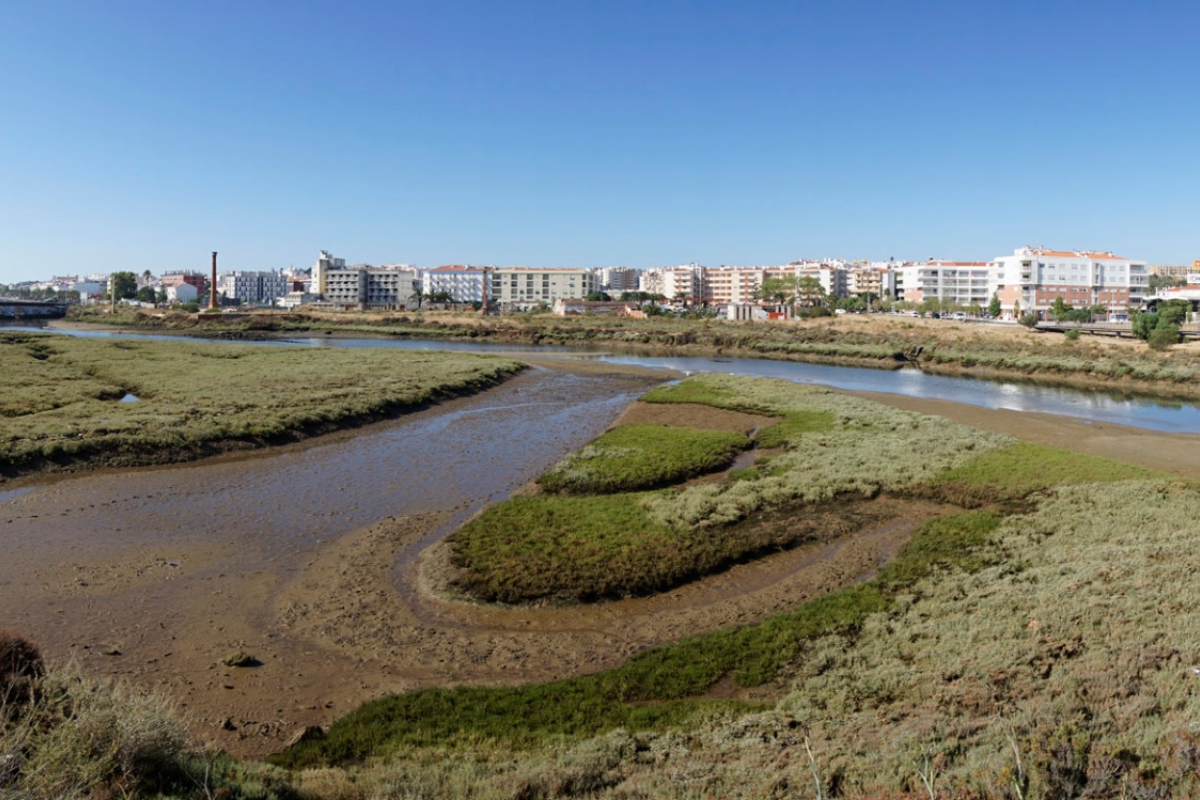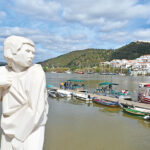The Portuguese traditionally eat a meal with cod on Christmas Eve. But how did a nation with an extensive coastline, with a great variety of fresh fish, get to love a fish imported from the North Atlantic?
The Age of Discovery, when Portugal led the exploration of the world, is central to an understanding of the country’s history. It will therefore not be a surprise to learn that Portugal’s love of salted cod, is linked to this as well.
Cod is not a fish native to Portugal. Most of it comes from the North Atlantic. It is believed to have first been caught by Vikings. By the 16th century, vast fleets from Spain and Portugal were fishing for them. These fleets caught fish off Newfoundland, on the east coast of Canada. Today most of the cod comes from Norway or Iceland.
To discover the new worlds, Portuguese sailors needed a ready supply of food. Often they would sail for weeks, with no source of fresh food. So preserved food was needed. Being a sailor involved highly intensive manual labour. Archaeologists researching the wreck of the Mary Rose in Portsmouth found five of the skeletons recovered were young men with “strong, robust and well-muscled skeletons”. Researchers have estimated that the average sailor needed some 4000 calories per day.
Freezers did not exist in those days and voyages could take the ships through hot climates. A means was required to preserve food and salt had long been used as a preservative. Salt dries and draws water out to dehydrate the food. All living things require water and cannot grow without it; this includes bacteria which cause food to go off. Salted food preserves for long periods, depending on the oil content in the food to start with, which prevents it completely drying out. Although meat can be salted, it can go rancid, whereas cod is very low in oil, making it ideal for salt preservation.


(Image courtesy of Phil Egginton)
Cod is also a good source of protein, essential to fuel energy and repair muscles. Local fish to Portugal, such as sardines, are high in oil, making them unsuitable for salting. Hence salted cod was in high demand for the long voyages of discovery. Naturally, the sailors brought it home as it was cheap and easy to transport.
Portugal is also a Catholic country by tradition, meaning that every Friday would be meat-free. Also, the period before Easter and Christmas would be times for “fasting”. On these days salted cod was often substituted as a cheap source of protein.
In the 20th century, during the time of Salazar’s dictatorship, cod became a staple part of the diet. The entire operation was controlled by the Government, which set prices and controlled the cod industry. The cod fishing fleet went from 34 ships in 1934 to 77 in 1958. More than 80% of cod consumption in Portugal was provided by local ships. The sailors who fished suffered incredible hardships. They sailed to Newfoundland in large Lugres but then they would start fishing in small boats called Dóris, which carried only one man.
We will all have seen, on visits to the fish markets, mounds of salted cod to buy. Today Bacalhau de Cura Tradicional Portuguesa is controlled as a Traditional Speciality Guaranteed (TSG) EU food designation, which dictates the exact conditions of manufacturing by four essential stages: cleaning, salting, maturing/ageing and drying. Other TSG examples are Gloucester Old Spot pork and Italian Mozzarella cheese.
Of course, you cannot eat the codfish salted as you buy it. It needs to be rehydrated, but I suggest you search for some of the many recipes if you want to give this a go.
By Phil Egginton, who is a journalist and photographer and now lives in the Algarve.
Did you know…
Traditionally the fish was sun-dried on rocks or wooden frames, but modern commercial production is mainly dried indoors with electrical heating.
Porto’s medieval walls are known locally as the muro dos bacalhoeiros (wall of the cod-fishers).
+INFO:
en.wikipedia.org/wiki/Dried_and_salted_cod
www.historytoday.com/archive/historians-cookbook/history-salt-cod
